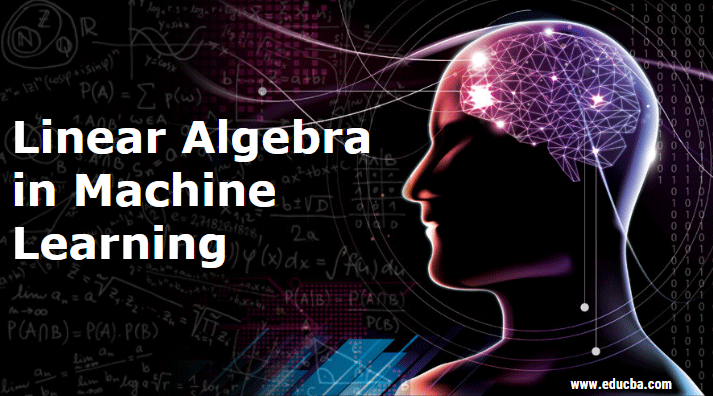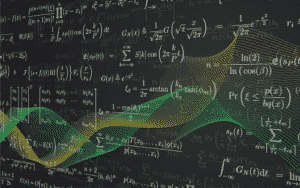

If you find that the problem set isn’t sufficient and that you lack practice, you can complement this course with its accompanying textbook (written by the same professor) - Linear Algebra and its Applications. Gilbert Strang, whose teaching style is intuitive and will provide you with a different outlook on problem-solving.Įach section comes with a problem set, and I’d recommend solving the problems for each lecture before moving on to the next. There are 34 video lectures in this course taught by Prof. This is a series of video lectures by MIT OpenCourseWare that has been made freely available to the public. This course assumes that you have basic knowledge of linear algebra, so I recommend reading the textbook above as a pre-requisite before taking the course.

The top-down approach makes it easier for students to focus, as they are able to work on interesting applications first before diving into the math-heavy content.

While most math courses tend to focus on theory, FastAI’s linear algebra course will provide you with code examples and practical examples before diving into more complex details. The best part of this course is that it takes a top-down approach to learning. In this course, you will learn to perform matrix computations in Python with the help of libraries like Numba and PyTorch. Unlike traditional linear algebra courses that teach you to solve linear equations manually, this learning track by FastAI will demonstrate the implementation of these techniques using a computer. Computational Linear Algebra for Coders - Course by FastAI In an effort to make the subject easier to understand, this book makes topics more generalized and abstract, with examples provided in each chapter.Ģ. This is a simple introduction to linear algebra, and concepts are explained to the reader with the help of interactive visualizations. This free textbook will take you through the basics of linear algebra. The implementation of deep learning algorithms using libraries like Tensorflow requires a basic knowledge of linear algebra, as you will need to perform matrix manipulation and understand how tensors work. Linear algebra concepts like vectorization allow for faster computation speeds, and are implemented in libraries like Pandas, Scipy, and Scikit-Learn.Īlgorithms like PCA use matrix decomposition techniques to reduce the volume of a feature space.


 0 kommentar(er)
0 kommentar(er)
